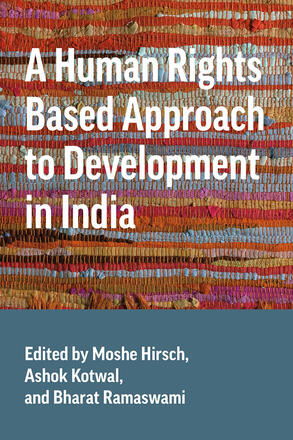
Description
Over the last twenty years, India has enacted legislation to turn crucial goals such as food security, primary education, and employment into legal rights for its citizens. But enacting laws is one thing and implementing them through an imperfect institutional structure is another. A Human Rights Based Approach to Development in India examines a diverse range of human development issues over a period of rapid economic growth in India. Demonstrating why institutional and economic development are synonymous, the essays in this volume detail the many obstacles that may hinder development. In addition, they show how the domestic policies required to implement laws may undermine India’s treaty obligations at the World Trade Organization or under the Agreement on Trade-Related Aspects of Intellectual Property Rights. The contributors ultimately ask whether development can be achieved by making it a legal right and whether India’s right to develop is truly at odds with its international commitments.